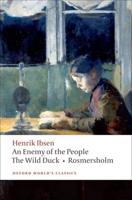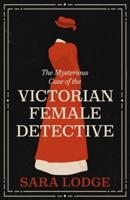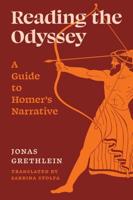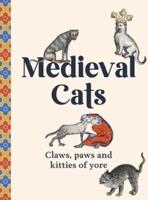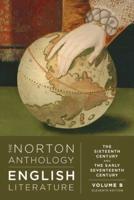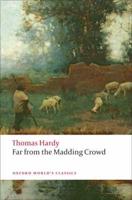Publisher's Synopsis
This edition collects and prints all of Oscar Wilde's short fiction, principally the three collections of tales published in the late 1880s and early 1890s. The first of these was The Happy Prince (1888), a volume which was aimed at the children's market, and which capitalized on the growing popularity of fairy stories in nineteenth-century Britain. This edition then prints Lord Arthur Savile's Crime (1891), Wilde's volume of short tales satirizing the manners and morals of London's elite in the last decades of the nineteenth century--those 'upper ten thousand', as Max Beerbohm later called them. In many ways these stories anticipate both the themes and the devices of Wilde's later and highly successful society comedies, including Lady Windermere's Fan and The Importance of Being Earnest. This edition also includes Wilde's second volume of fairy stories, A House of Pomegranates (1891); this volume comprised tales written for adults, and contained Decadent and what can be seen as highly sexualized themes. The textual and printing history of each of these volumes is described and explored in detail. The substantial commentary provides a full critical annotation of each story. Wilde also wrote stories which were not collected, most importantly a jeu d'esprit on the identity of the addressee of Shakespeare's Sonnets--'The Portrait of Mr W.H.', a piece which appeared in periodical form in the late 1880s. Wilde expanded his story, turning it into a hybrid of fiction and criticism, and in the process used it as a vehicle to describe his view of the relationship--physical, artistic, and spiritual--between Shakespeare and a (fictitious) boy-actor in his company, the 'Mr W.H.' of the title and of the dedication of the first printing of Shakespeare's Sonnets. This revised and expanded piece, which remained unpublished in Wilde's lifetime, represents his most sustained and eloquent exploration of male-male desire. The edition prints in full for the first time Wilde's manuscript of that story. Like the other works it prints, the edition also contains full critical annotation which documents Wilde's reading on Renaissance philosophy and theatre history. The lengthy introduction describes in detail Wilde's metamorphosis from a jobbing journalist, whose work often appeared anonymously in the penny press of the 1880s, to an accomplished writer of fiction.




